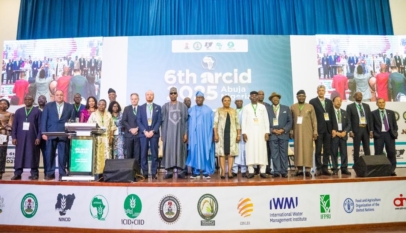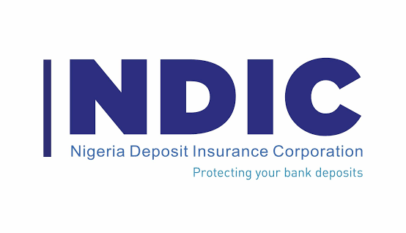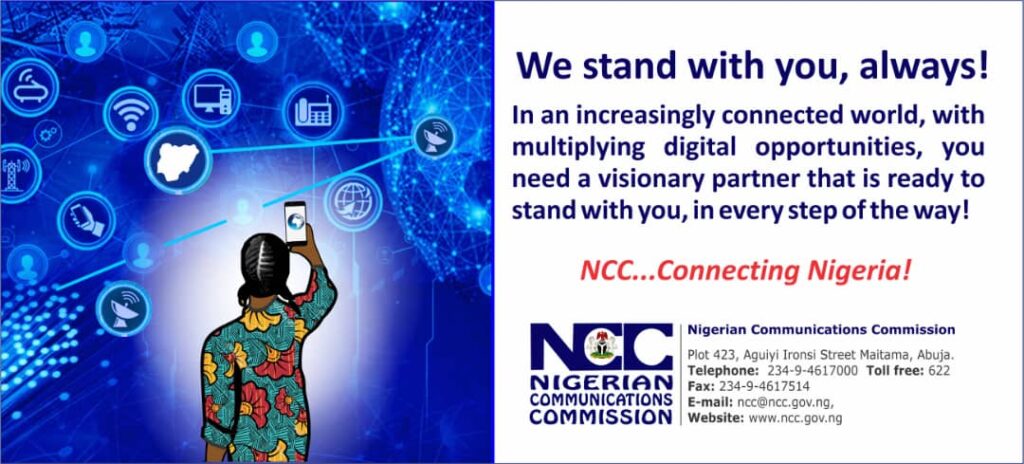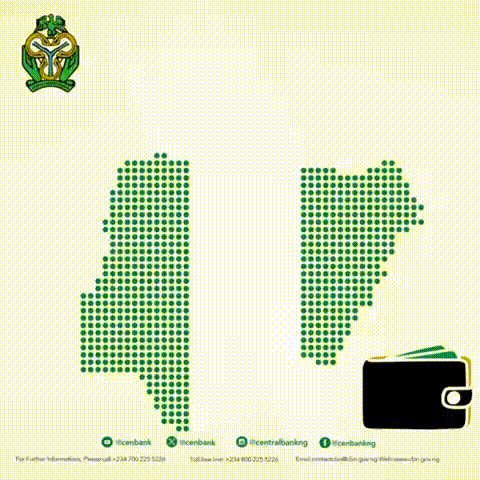
Be more transparent with yours data billings – NCC tells network providers
The Nigerian Communications Commission (NCC) has stressed the need to address consumer concerns over data depletion and billing transparency amid growing data consumption, fueled by digital advancements.
According to the commission, Nigerians spend an average of 4 hours and 20 minutes on social media daily, far above the global average and underscoring how deeply embedded digital interaction is in our lives.
Quoting DataReportal, the NCC noted that the world’s internet users are spending less time watching television, stressing that the average daily television viewing has fallen by over 8% in the past year, as viewers are now spending more time on their telephones, tablets, and smart TVs streaming programs that they would previously have watched on broadcast television.
Executive Vice Chairman of NCC, Dr Aminu Maida, who disclosed this on Thursday in Abuja at the 93rd Telecoms Consumer Parliament with the theme “Optimising Data Experience: Empowering Consumers through Awareness and Transparency in a Consumer-Centric Telecom Industry”, noted that in 2024, Nigeria’s daily data usage averaged 336 gigabytes per second, marking a 39% increase from the previous year. He added that this is a clear indication of the data-driven lifestyle many Nigerians lead.
He observed that despite this, many consumers feel their data depletes faster than expected, adding that earlier this year, NCC analysed consumer complaints, revealing data depletion and billing issues as top concerns.
Maida stated that in response, the commission directed Mobile Network Operators and ISPs to conduct audits of their billing systems, which reported no major issues.
He said, “However, perceptions persist due to two main factors, including the impact of high-resolution devices and improved technologies on data use, and the complexity of operator tariffs. With the advent of 4G and 5G, as well as devices with ultra-high-definition screens, data consumption has naturally increased. For example, while viewing a photo on Instagram might have required only 100 kilobytes of data five years ago, today, with advanced camera resolutions, a photo can consume between two to four megabytes when opened on Instagram.
“According to Tech Advisor, an online resource that offers tech reviews, spending an hour on Instagram can use an average of 600 megabytes of your data, while streaming platforms like YouTube would use about 3.5 to 5.4 gigabytes per hour. Improved technologies go beyond their purchase cost to our pockets; they also come at a cost to data. Because they have better screen resolutions, they consume higher quality media that consumes more data.
This is the same for our increasing digital habits: according to DataReportal, the world’s internet users are spending less time watching television; the average daily television viewing has fallen by over 8% in the past year. These viewers are now spending more time on their telephones, tablets, and smart TVs streaming programs that they would previously have watched on broadcast television.”
Maida said that DataReportal notes there are now over 5 billion internet users, with Nigeria alone accounting for 132 million connections, pointing out that the commission is working to address consumer concerns about data usage.
She added: “Recognizing these challenges, the Commission, in collaboration with major operators, launched a Joint Industry Campaign on Consumer Awareness on Smarter Data Usage. Our message emphasises empowering consumers with the knowledge to optimise their data usage. For example, many smartphone users may not know that their devices can track data usage and allow them to set limits on the amount of data they want to use.”
He explained that high-definition streaming services like Netflix consume substantial data—about three gigabytes per hour in high definition, or seven gigabytes in ultra-high definition—adding that the Commission believes that an informed consumer is a better-equipped consumer, leading to a clearer understanding of data consumption and reducing misconceptions about data depletion.
Maida lamented that the industry also faces challenges such as vandalism and theft of telecom assets, which frustrate operators’ efforts to deliver quality telecom services.
He said that in July 2024, through NCC’s advocacy and collaboration with key stakeholders, President Bola Ahmed Tinubu signed a Presidential Order designating telecom infrastructure as Critical National Information Infrastructure, stressing that this Executive Order strengthens the commission’s ability to address issues of vandalism, tampering, and unauthorised access to telecom infrastructure.
The EVC noted that the current macroeconomic challenges and the rising cost of business in the country are impacting the ability of operators to make the necessary investments in the sector, stating that the Commission is mindful of this and is actively working with other arms of government and stakeholders to address these issues and ensure the industry’s sustainability.
Also speaking, ALTON Chairman, Engr. Gbenga Adebayo, said that the demand for data has soared exponentially, adding that we are in an era where consumers rely on data to power nearly every aspect of their lives, including homes, cars, offices, and even places of worship.
He observed that this growing reliance on data has also challenged service providers to meet and exceed customer expectations, adding that the service providers have taken significant steps to ensure enhanced data quality, expand coverage, and improve connectivity across Nigeria.
Adebayo stated that the service providers have embarked on tariff simplification, which aims to provide consumers with a clear understanding of data costs and their choices.
“Tariff simplification benefits consumers by offering them more straightforward and transparent data plans that are easier to compare and understand. With simplified tariffs, consumers can make more informed choices about which data packages suit their needs, budget, and usage patterns, empowering them to take control of their data experience. In response to the feedback from consumers, our industry has also concluded a comprehensive study on the reasons behind data depletion,” he added.
Dailypost








